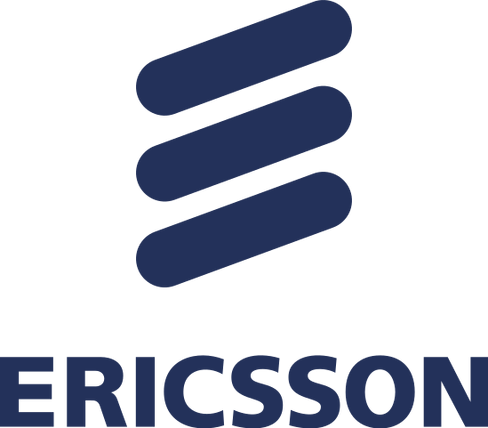Urban Boquist
Software developer, functional programming enthusiast.
Ericsson AB
PhD at Chalmers University of Technology 1999, thesis title "Code Optimisation Techniques for Lazy Functional Languages" (mostly working with Haskell at this time).
Since then out practicing Functional Programming in industry,
initially at Carlstedt Research and Technology.
From 2003 at Ericsson working with Erlang and the SGSN/MME.
Since then out practicing Functional Programming in industry,
initially at Carlstedt Research and Technology.
From 2003 at Ericsson working with Erlang and the SGSN/MME.

Urban Boquist is Giving the Following Talks
The Ericsson SGSN/MME: over a Decade of Erlang Success
For over a decade the Ericsson SGSN/MME, in large parts based on Erlang, has been the market leading product in its segment. The SGSN/MME is an integral part of the packet switched telecom network (commonly known as "mobile broadband"), and basically serves as a big router in the core network providing mobility and session handling for mobile phones. Today the same system can handle 2G, 3G and 4G traffic at the same time (one SGSN/MME can serve several Radio Access Networks). In this talk we will try to show how Erlang has been a central part in the construction and evolution of this system over a period of almost 15 years. The SGSN/MME is still being actively developed; 4G and completely new hardware being only two of the recent additions. In our opinion the early choice of Erlang for this product has been one of the key reasons for its big success. We will try to demonstrate this with examples of how Erlang core features are utilized in the systems design. The SGSN/MME code base is huge - the Erlang parts alone are well over a million lines of code, and the C/C++ parts several times bigger. This in itself becomes a challenge to handle in a system that has been developed for so long and with a very large number of people involved.
Talk objectives: Give an example of industrial use of Erlang matching keywords such as: high capacity, high reliability, large scale, telecom networks, fault tolerance, overload protection, multi core and domain specific languages.
Target audience: Everyone that is interested in real world use of Erlang.


